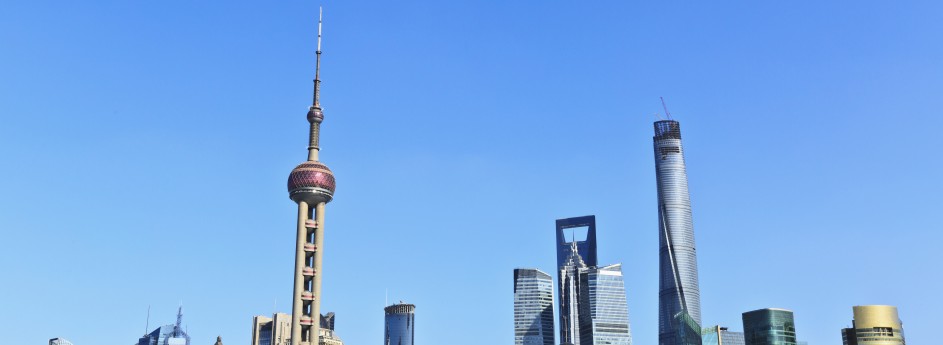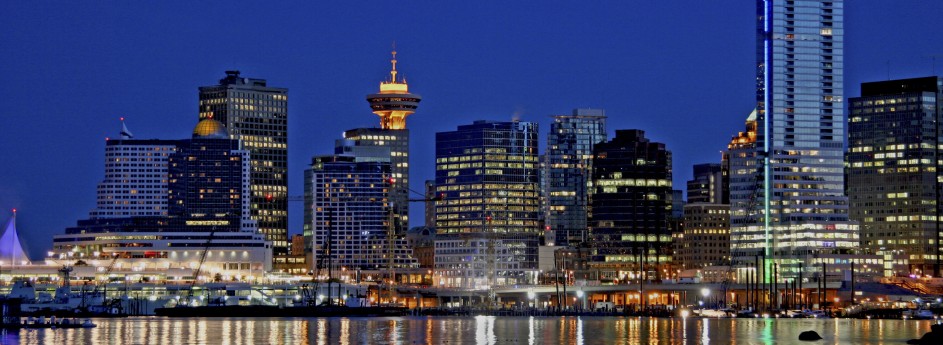Queen’s Professor: Stop Demonizing China
Further to the post on the TDSB’s recent cancellation of its hook-up with the Confucius Institute, here’s a compelling commentary by James Miller, Professor of Chinese Religions at Queen’s University. Bravo Professor Miller!
China’s Confucius Institutes provide money and personnel to enable people across the world to learn Chinese and to learn about the Chinese world. Their astonishing success proves that Canadians have an immense hunger to learn about China.
But the demonization of China is a shameful, toxic flaw that runs deep in Canadian history and culture. It prevents rational discussion about Chinese culture, religion and politics. It prevents sensible engagement with the Confucius Institute program. It shamefully hinders the engagement of Chinese Canadians in our civic life, for who would dare subject themselves to the same treatment that Olivia Chow received?
In the end the only victims will be our children who will simply learn to repeat the same flaws and failures of their parents.
France to Help China Hunt Corrupt Officials
Further to a previous post urging Canada to sign an extradition treaty with China and applauding Australia’s recent decision to help Chinese graft busters prioritize the apprehension and extradition of fugitives and seizing their assets in Australia, France has joined the fight against Chinese criminals hiding their families and assets in that country. An extradition treaty with France is awaiting ratification by the French parliament.
The French government will assist the Chinese judiciary by confiscating the illegal assets many corrupt officials have transferred to France, a senior official from the French Ministry of Justice has said. France and China will share the seized funds.
Robert Gelli, director of the criminal affairs Department of the French Ministry of Justice, said that in the following weeks the ministry will strengthen cooperation with its Chinese counterparts to track down corrupt Chinese officials and uncover their transferred funds.
“We will try to locate the ill-gotten funds that Chinese corrupt officials sent to France and take immediate actions to freeze them, such as houses, cars and bank savings and other investments,” Gelli said.
“In addition, for each individual case, we will negotiate with our Chinese counterparts to share the seized funds in a proper proportion,” he said.
In recent years, a number of economic fugitives, including many corrupt officials, have fled to the United Sates, Canada, Australia and European countries such as the Netherlands and France, to avoid Chinese judicial authorities.
Celine Guillet, a senior official from the criminal affairs department of the French Ministry of Justice, said that although a Sino-French bilateral extradition treaty is still waiting for approval by the French Parliament, the two sides will enhance judicial cooperation to nab fugitives and uncover their illegal assets in accordance with mutual legal assistance in criminal matters and other reciprocity regulations.
The judiciary in the US, Japan and Singapore have agreements with other countries to share seized ill-gotten funds and China will sign a formal agreement with Canada to return and share seized assets, he said.
Last month, China and Australia agreed to enhance judicial cooperation on extradition of corrupt officials, according to the Ministry of Public Security.
Australian judicial authorities have a priority list of 100 suspected Chinese economic fugitives and they will conduct joint operations within weeks, according to the Sydney Morning Herald.
By the end of August, China had signed 51 mutual legal assistance agreements for criminal matters and 39 bilateral extradition treaties, according to the Ministry of Justice.
– China Daily
Protests Wreak Havoc on Hong Kong’s Economy: HSBC PMI
In spite of Western media reports trying to prop up the students and insisting their protests exert minimal negative impact on the Hong Kong economy, here is evidence sharply to the contrary. Hardly surprising!
Activity in Hong Kong’s private sector fell by its biggest margin in three years in October, a private survey showed on Wednesday, offering a first glimpse of the impact pro-democracy protests are having on the economy and signalling a further slowdown.
The monthly Purchasing Managers’ index (PMI) in Hong Kong’s private sector compiled by HSBC/Markit fell to 47.7 in October — its strongest pace of deterioration in operating conditions since September 2011 — from 49.8 a month ago.
Sub-indices measuring new orders and output led the decline with a number of companies surveyed attributing the drop to recent political protests that have blocked key roads and hurt business activity for more than a month.
“The slowdown in economic activity in Hong Kong deepened in October as orders and output fell at an accelerated pace,” John Zhu, HSBC’s economist in Asia, said.
A reading above 50 in the business survey indicates an expansion in activity while one below that threshold points to a contraction.
The dismal data is the first set of figures that factor in the impact of pro-democracy protests that have rocked the former British colony.
– Reuters



